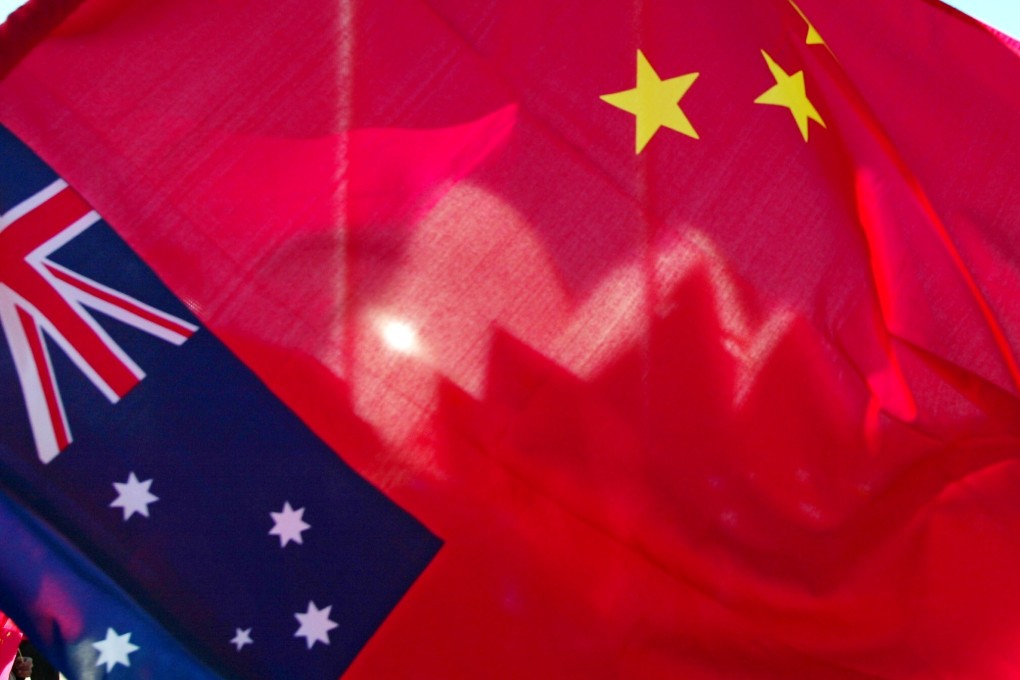Opinion | Unlike the US, Australia cannot afford to decouple from China
- As Australia draws closer to the US in the name of national security and pursues trade diversification, it risks alienating China, its largest trading partner by far with a crucial role in its economic recovery

However, does Australia’s security-centred rhetoric really serve its national interest? Defence hawks see themselves on the moral high ground, protecting Australian values and dignity.
Anyone who disagrees and pursues economic engagement with China risks being condemned as disloyal Australians or China apologists. Yet, is economic security not part of national security? Is the creation of jobs not crucial amid an economic downturn?

07:34
Australia and China cooperation too valuable for 'nonsensical' decoupling
As Professor James Laurenceson, at the University of Technology Sydney, pointed out last year, economic ties, unlike security or political issues that can be decided upon by officials, mainly depend on “market forces – economic complementarities and purchasing power”, and no other country can match the demand that China offers Australia.
